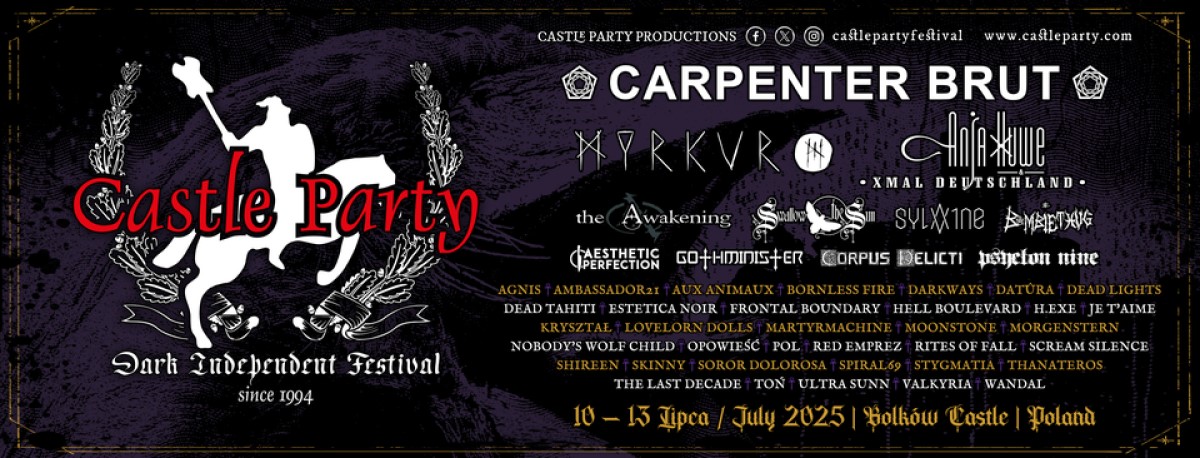Dero Goi, the former frontman of Neue Deutsche Härte pioneers OOMPH!, is releasing his debut album, 1984, on 29 November via Dependent. In recent months, he issued three EPs: Clickbait, Resurrected and Whistleblower - all three feature songs from his upcoming 1984 album.
1984 demonstrates that Dero Goi is back with a bang, delivering a massive statement of intent in the shape of an ambitious double album full to the brim with synth hits throughout its 23 songs (an abridged version is also available). A fascinating fusion of synth-wave, EBM and retro sounds with plenty of contemporary electronic elements, it even delivers a dose of his former life as a rock and metal musician. Always recognised as an outstanding songwriter, Goi has honed his craft to an even sharper edge on this substantial new collection.
The new album also sees Dero Goi remaining true to his unwavering stance as a non-conformist artist. Never shy to air his views, the Born Again Christian remains critical of organised religion, while his declared libertarian political leanings have provoked a wide range of reactions. Of course, words can have consequences, and there are always limits to freedom, but should those apply to an artist who stands firmly for his country's constitution and is breaking no laws? What is freedom worth if it does not entail the right to dissent? Goi sometimes begs to differ, and that is not a crime.
Neither Goi's intensive preoccupation with religion nor his social commentary are new elements in his work. As the vocalist and drummer in OOMPH!, his lyrics dealt with everything from the global economic crisis to child poverty, while several songs saw the former agnostic tackling organised religion. Born in 1970 in the city of Wolfsburg, he had co-founded the band while still in his teens with a wide range of musical influences to frame his thoughts that included rock figureheads such as AC/DC, The Cure and Faith No More, electronic pioneers like Kraftwerk, D.A.F. and Depeche Mode, plus pop icons Abba, The Beatles and Elvis Presley.
The three EPs - preceding the late November release of 1984 - have demonstrated that Dero Goi has been moving in a far more electronic direction, while the album itself is a testament to an artist utilising his influences to further expand his ability to write catchy tunes. Whatever his listeners will make of this massive contribution to the scene, Dero Goi will never be an artist who holds back. What you hear is what you get! Link
DERO GOI - To Release Debut Album In November
- Details
- Written by: Jerneja

Related articles
-
ZWAREMACHINE - Releases "Waking The Night" Single/remix EP
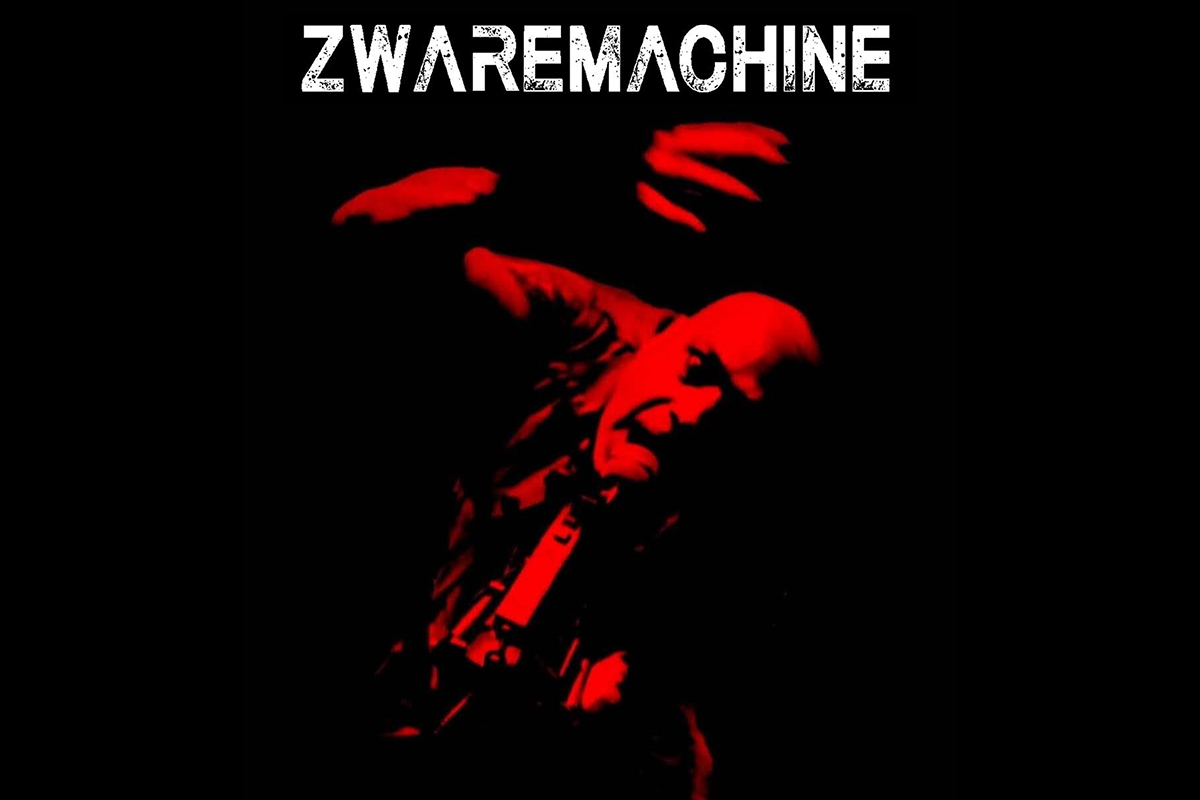 The USA-based Zwaremachine has released a new single/lyric video/remix EP, "Waking The Night". "Waking The Night" was the first song mixed for the upcoming third Zwaremachine's...
The USA-based Zwaremachine has released a new single/lyric video/remix EP, "Waking The Night". "Waking The Night" was the first song mixed for the upcoming third Zwaremachine's... -
MORTIIS - Inks Deal With Prophecy Productions
 The iconic Norwegian artist Mortiis has signed a multi-album deal with Prophecy Productions. Its next studio album will be released via the label in 2025. Mortiis comments: "After many...
The iconic Norwegian artist Mortiis has signed a multi-album deal with Prophecy Productions. Its next studio album will be released via the label in 2025. Mortiis comments: "After many... -
SHORES OF NULL - To Release Beauty Over Europe Live Album
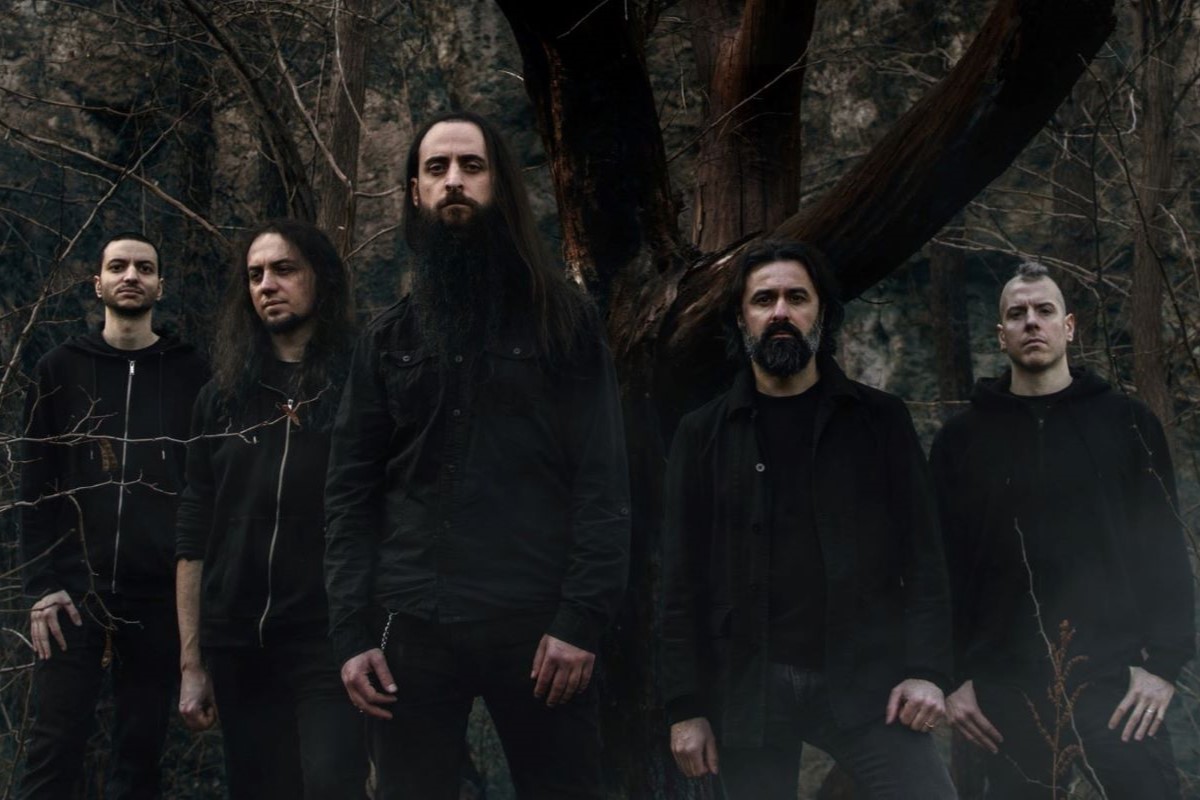 Italian melancholic dark/doom metal band Shores Of Null has announced a live album, Beauty Over Europe, which will see the light of day on 9 May. The live record features...
Italian melancholic dark/doom metal band Shores Of Null has announced a live album, Beauty Over Europe, which will see the light of day on 9 May. The live record features... -
RASKOLNIKOV - Serves Gorgon'Zola
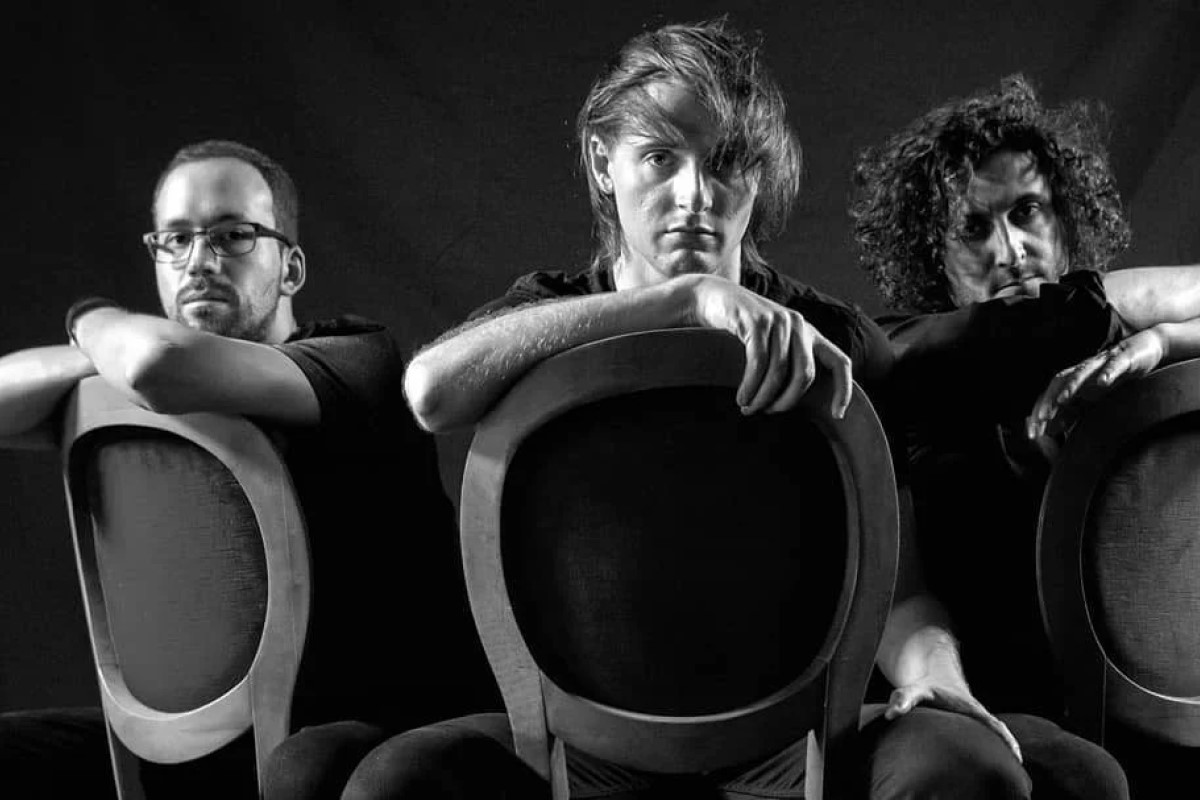 Today, Raskolnikov released its third album, Gorgon'Zola, through Manic Depression Records and Icy Cold Records, on CD, vinyl and digitally. The Franco-Hispanic-Swiss trio presents...
Today, Raskolnikov released its third album, Gorgon'Zola, through Manic Depression Records and Icy Cold Records, on CD, vinyl and digitally. The Franco-Hispanic-Swiss trio presents...
-
THE PALACE OF TEARS
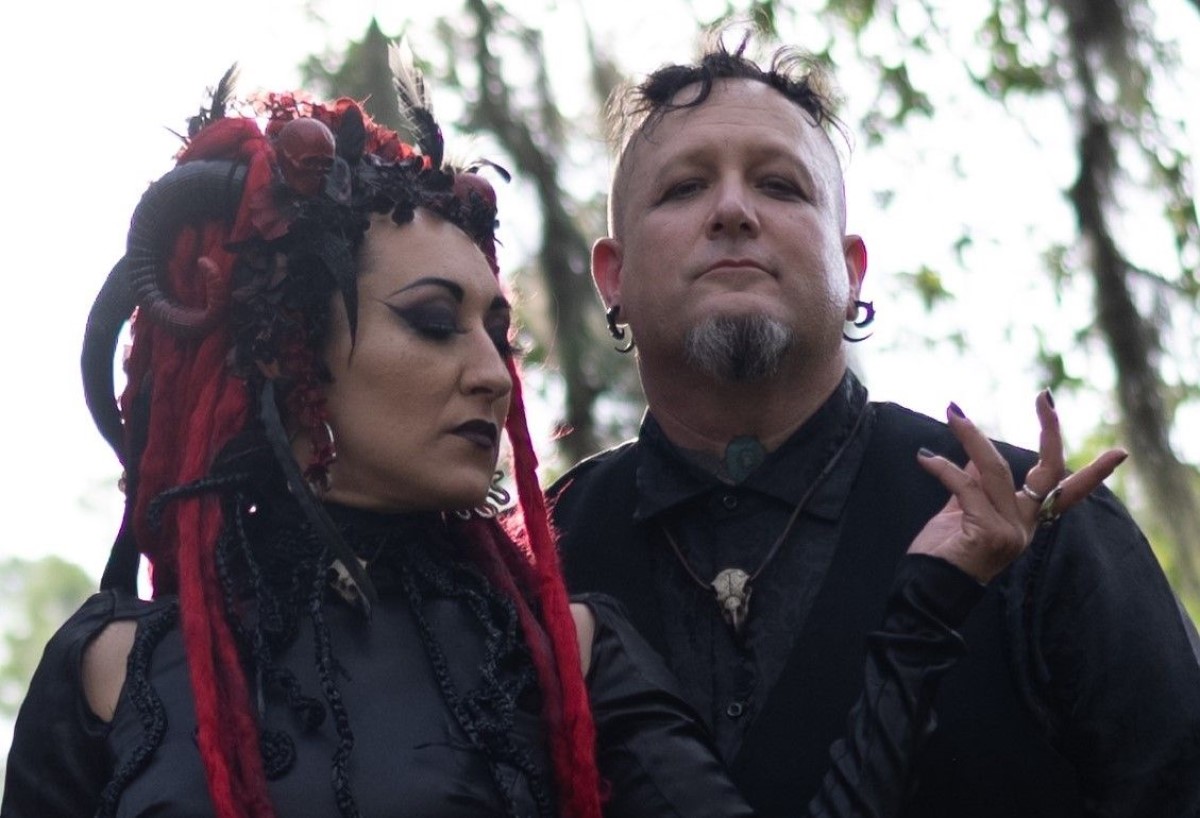 "We paused our work as I was grieving heavily, but once we returned to it, things took on a whole new meaning." - LV Darkling
"We paused our work as I was grieving heavily, but once we returned to it, things took on a whole new meaning." - LV Darkling -
DERO GOI
 "The speech that they hate is my speech, but my speech is not a hate speech. What can you do? You can just mirror/reflect them - hopefully, they will see how grotesque..." - Dero Goi
"The speech that they hate is my speech, but my speech is not a hate speech. What can you do? You can just mirror/reflect them - hopefully, they will see how grotesque..." - Dero Goi -
THE 69 EYES
 "You know, the music and songs just come, and we don't distance ourselves from the music that comes out." - Jyrki 69
"You know, the music and songs just come, and we don't distance ourselves from the music that comes out." - Jyrki 69 -
DYMNA LOTVA
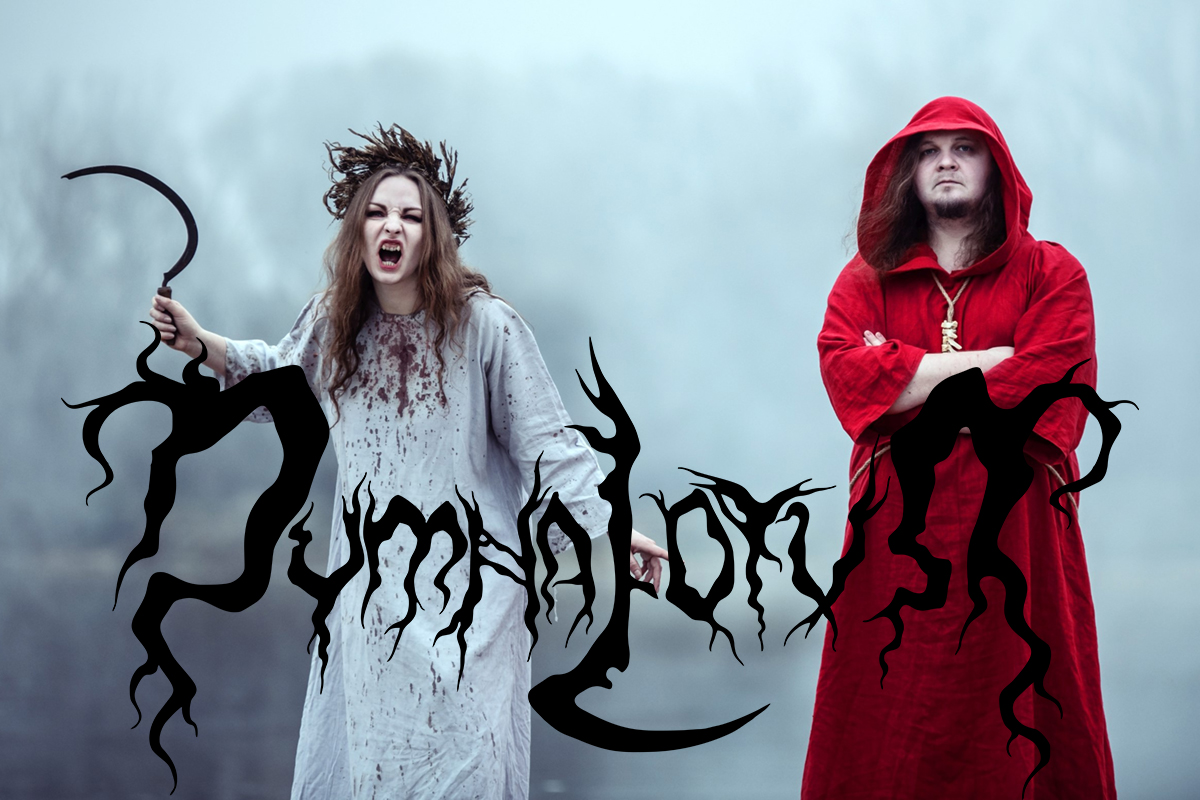 "I can call our show an emotional exhibitionism. If you want to drink beer and cry, please come to our show, haha." - Nokt Aeon
"I can call our show an emotional exhibitionism. If you want to drink beer and cry, please come to our show, haha." - Nokt Aeon
Copyright © All Rights Reserved. Powered by Terra Relicta

